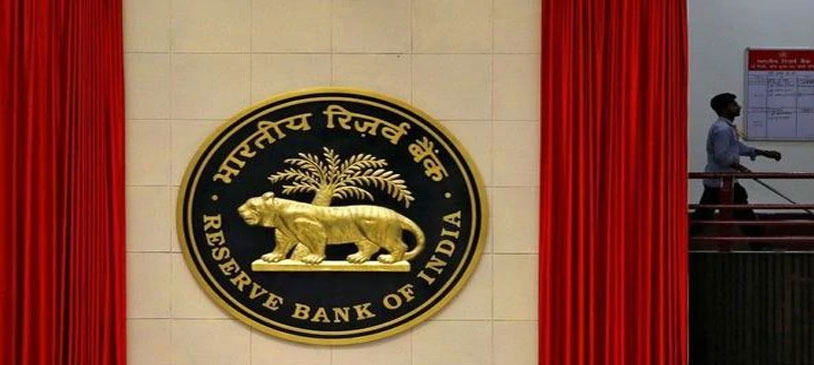For most out-of-town students, the last few days of the month are rather trying. They rely on a combination of hostel loans and credits at the messing facilities to tide over the month-end cash crunch. North Block appears to be relying lately on similar arrangements with the central bank to tide over its own cash-flow mismatches.
The Ways and Means Advances, or WMA, is a facility not dissimilar in its utility to the month-end cash crunch at the individual level. It allows the Centre to borrow from the Reserve Bank of India (RBI) and meet payment obligations in the event of cash-flow mismatches.
Of course, there are limits on the WMA facility. Of late, the government appears to be breaching that threshold, and experts believe doing so consistently might raise North Block’s borrowing costs a bit.
Simultaneously, increasing reliance on the WMA in the peak revenue reason doesn’t paint a pretty picture of government finances, they argue.
“This is an indication that the government finances are under stress,” said S K Ghosh, group chief economic advisor at the State Bank of India. “Relying on overdrafts further adds to the cost of such a facility.”
The government borrowed Rs 73,545 crore during the week ended January 31 under the WMA. The agreement between the government and the RBI allows the former to borrow up to Rs 35,000 crore at any point of time in the second half of FY20.
RBI data showed that the government breached the limit for four out of the five weeks in January. A long-term analysis shows that the government has been excessively relying on this facility over the past two years after a gap of six years. Besides the Centre, state governments, too, have been borrowing under the WMA.
The government pays the prevailing repo rate for any borrowing below the agreed limit. If the limit is breached, then it pays an additional 2% above the repo rate for the excess amount borrowed
This reliance on WMA comes at a time when the government is seeking to lower its borrowing costs through Operation Twist. However, “reliance on WMA does not influence market yields”, said an economist with a private bank.
In March 1997, the government and the RBI had stopped the practice of unlimited borrowing through ad-hoc treasury bills to help develop fiscal restraint. The limits and the rate of interest are reset twice a year, which can be also revised under extraordinary economic circumstances.
SOURCE: bit.ly/39w8TJZ
